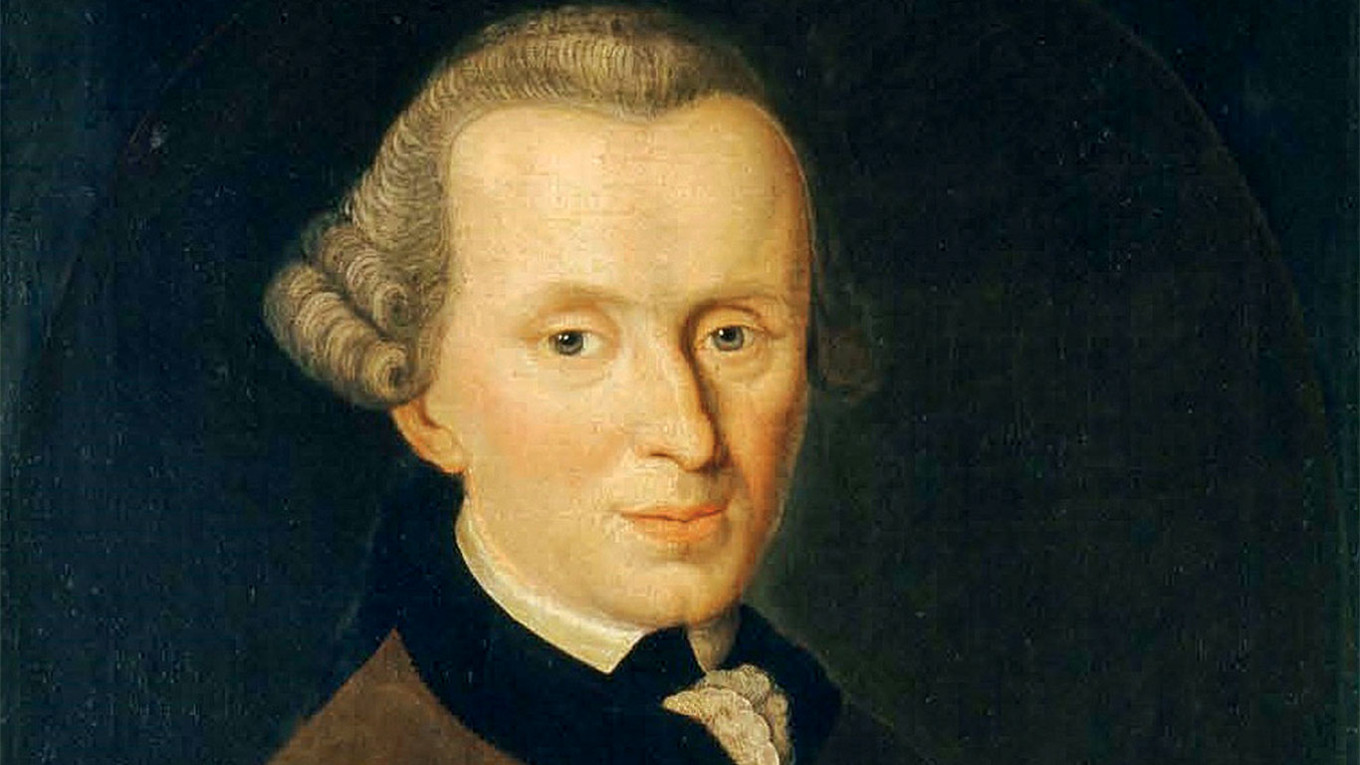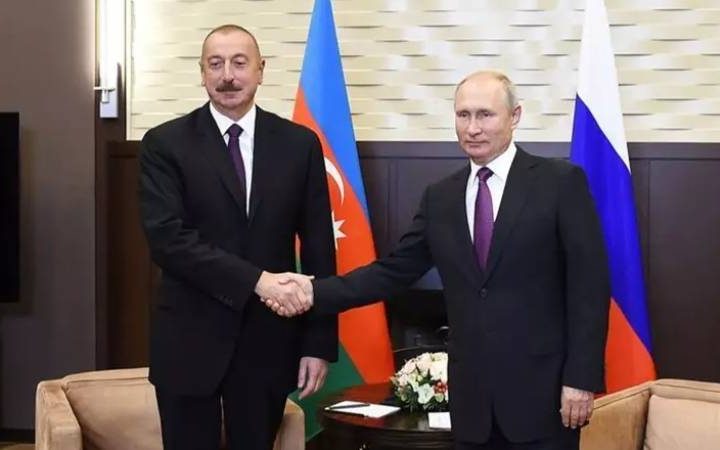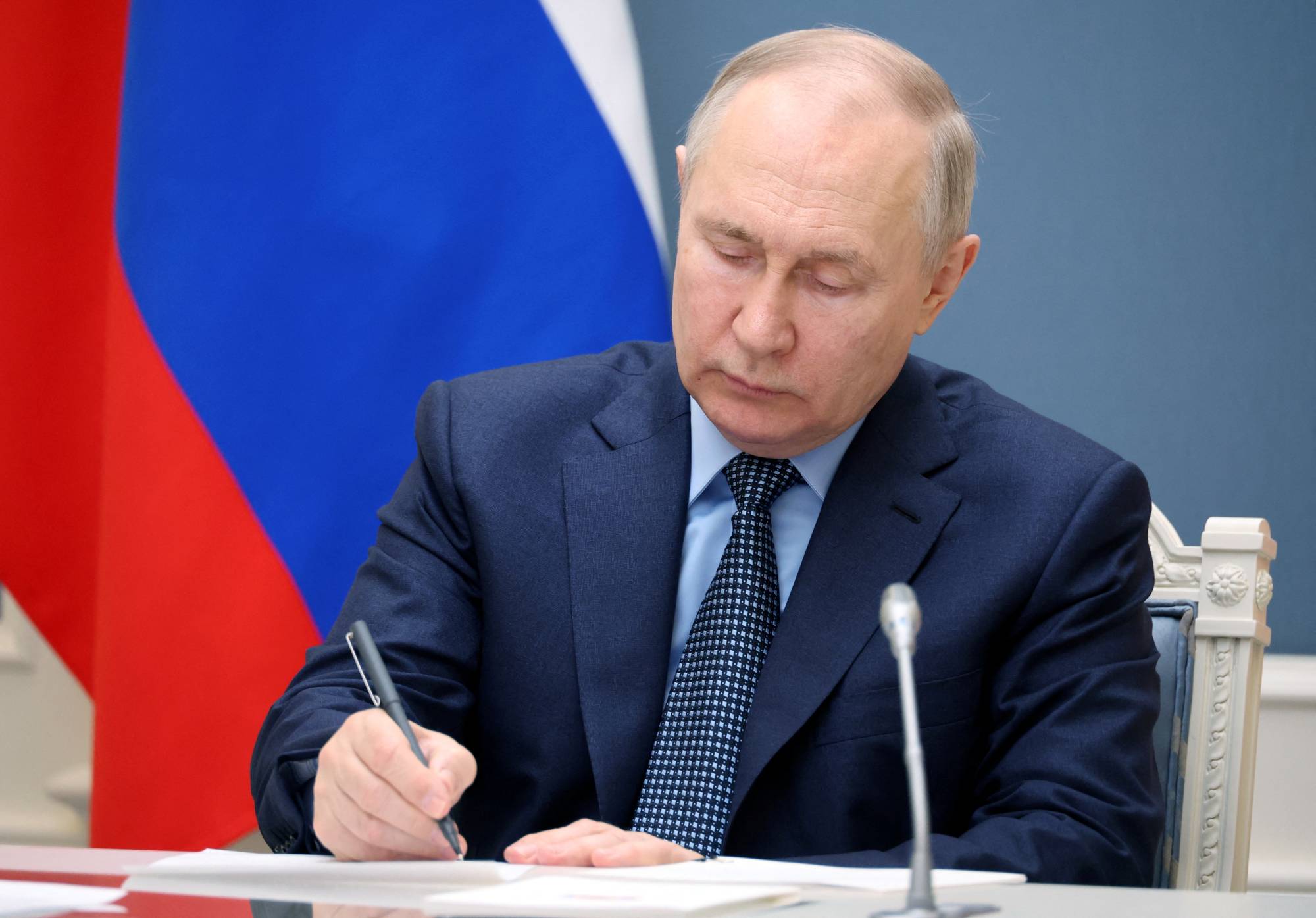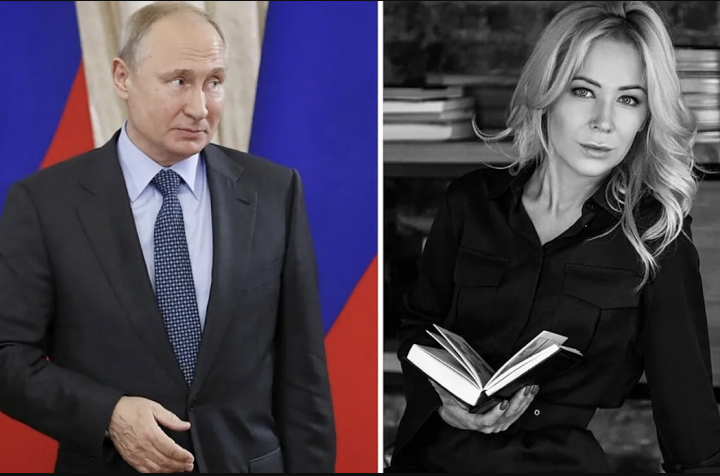Immanuel Kant (1724-1804) envisioned a world where all rational beings belong to a single moral community. He believed lasting peace could only be achieved when states, governed by republican principles, voluntarily form a union dedicated to its preservation. Additionally, he advocated for universal respect for human rights, both for citizens and foreigners. Kant’s concept of “cosmopolitan law” significantly influenced modern institutions like the United Nations, the Universal Declaration of Human Rights, and the International Court of Justice, and contributed to the notion of “world citizenship.” In summary, Kant was a philosopher who spoke beyond his time and into the future. (Or maybe it is because we are constantly skidding that the propositions of 200 years ago still seem relevant to me.)
Kant lived all his life in Königsberg, which today is Kaliningrad. Moreover, he never left the city; he intended to leave once, but when he got a little far away, he felt nauseous and returned.
Königsberg was the capital of the Prussian monarchy between 1525 and 1701, became a German city after 1870, and was renamed Kaliningrad after it became part of the USSR in 1945. The city’s new name comes from Mikhail Kalinin, one of the leaders of the Bolshevik Revolution of 1917, who sided with Stalin after Lenin’s death, although his wife Ekaterina spent 1938-1945 in a labor camp and died in Moscow in 1946. The 15,100 km2 Kaliningrad oblast, which has no land connection with the Russian Federation and is located on the Baltic Sea coast between Lithuania and Poland, is called an “exclave”. An exclave is a territory of one state that is cut off from another state. (A political region that lies entirely within the borders of another political region is called an enclave. For example, Caber Fortress in Syria was once an enclave of Turkey) Today, 85% of the population are Russians, 4% Ukrainians, 3.8% Belarusians, the rest Armenians, Tatars, Lithuanians, Germans, Poles and other peoples.
Coming back to our hero, Kant was a brilliant genius as a philosopher, but he was also very boring in his daily routines. For example, throughout his life he got up every morning between 4.30 and 5.00 a.m., left the house at 8.00 a.m., wrote until 12.45 a.m. after finishing his lecture at the university, went for a walk every evening at 5.00 p.m. and went to bed at 10.00 p.m.
Kant was known as the “Königsberg Clock” for his punctuality, and the fixed route he always followed was called the “Philosopher’s Way”. No matter the season or the weather, he always walked through the city with the same rhythm. He didn’t want to talk to anyone, so he walked alone. (The saying “It takes two years to learn how to speak, but a lifetime to learn how to shut up” came to mind here. It is wrongly attributed to Ernest Hemingway or Mark Twain. I looked it up, it was first published anonymously in a Washington newspaper in 1909).
Kant acquired this skill at an early age. Kant reversed course twice in his life. The first time to get an early copy of J. J. Rousseau’s Émile; the second time to get the hot news about the French Revolution. However, after these two “out of routine” events, he returned home and read until 10 p.m., then went to bed and fell asleep immediately. So there was a measure to his excitement.
He had, in his own words, “a reasonable number” of friends, and he had a set time when he would meet them, chat with them and finish the conversation. I forgot to mention that he ate only one meal a day, so he was not in the habit of having dinner. You can also understand that he never married. (I remembered another saying: “Conversation is instructive, but the school of genius is solitude.” This was said by the famous British historian and politician Edward Gibbon).
However, when we were chatting about the movie Happiness, I said: “It is impossible for Kant to be an expert on happiness and unhappiness, there must be few celebrities in the world who have as boring a life as he did” and my Facebook friend Selim Baran sent me the following correction:
“Until I read Thomas De Quincey’s book The Last Days of Immanuel Kant, I used to think like you about Kant, who never left Königsberg, who remained faithful to the same program throughout his life – with one or two exceptions. It turned out that Kant’s program, which he followed with great consistency and determination, was not as boring as we thought; he gathered various intellectual, scientific and artistic people from all over the country and Europe in his house, feasted for days, held feverish discussions and had fun.”
I had heard of the book, but I didn’t have it, so I was misinformed… I find the introductory note of the book on the internet interesting, so I quote it here:
“In the summer of 1804, Immanuel Kant jotted down the words of a song in his memoirs. The song was about the month of February, a month in which the burden people carry is less than in other months because it is two or three days short. The conclusion of the song had a poignant emphasis:
“Oh merry February, the month with the least amount of pain, sorrow, sadness and self-blame.”
Kant was 79 years old when he died in his hometown of Königsberg in February of the same year. The Last Days of Immanuel Kant is not a biography of Kant, one of the founders of German philosophy and a professor of logic and metaphysics. It is a close witness to the last days of a genius who was nearing death. His strict adherence to the rituals of everyday life until his last days, as well as his sensitivity, compassion and generosity in his daily relationships, offer the opportunity to see and know the philosopher from a completely different perspective.”
Well, now it is obligatory to read the book… Thank you Selim Baran!
Let’s move on.
You must have come across this on social media, is it true that “Kant’s doctoral thesis had the term “Bismillahirrahmanirrahim” (besmele) on the cover”?
Hartmut Bobzin, a professor of Islamic history at the University of Erlangen in Germany, studied this issue and came to the following conclusion: First of all, this phrase was not written on the cover of Kant’s doctoral thesis, but on the invitation announcing the defense of his doctoral thesis. At the time, it was customary to invite students and other academics to thesis defenses. These invitations were printed by the deans of the faculties. So it was not a besmele printed at Kant’s discretion. So why the need for a besmel on the invitation? That’s a bit complicated. While phrases such as “by the grace of God” and “in the name of God” were previously printed in Latin and Greek, as a manifestation of the Enlightenment tradition of keeping an equal distance from all religions, similar phrases in Arabic and Hebrew began to be added to these. The Besmele was also added to the invitations in this chapter. Since Kant was the most famous of these invitees, this issue seems to have attracted attention. To summarize, Kant did not secretly convert to Islam. Just like Kaiser Wilhelm II, Tolstoy, Neil Armstrong, Prince (now King) Charles, Captain Cousteau did not!
Let me end with a note on the present: Kaliningrad, which has been armed by the Russian Federation since 2004 after the Baltic states around it joined NATO, has been attracting attention for quite some time due to the S-300 air defense missiles deployed in the region and frequent exercises. Last year, Lithuania drew Putin’s ire for blocking trade with the mainland, citing EU sanctions imposed on Russia over the Ukraine war. “I hope Putin does not resolve Kaliningrad’s status as an exclave in the same way that Alexander resolved the Gordian Knot,” I said, as Putin seems to have eliminated his opponent Alexei Navalny, who returned to Russia in December 2020 after being poisoned and then imprisoned on charges of extremism, in Alexander’s way.
Navalny has long been the leader of the anti-Putin movement in Russia. In the West he was seen as a liberal hero, but he had a long history of nationalist extremism and hate speech. Until he was banned, Navalny was a regular participant in the ethno-nationalist “Russian March” organized by neo-Nazi groups such as the “Slavic Union”. While the main slogan of these marches was “Russia is for Russians”, giving the Nazi salute was commonplace. When I saw Navalny dressed as a dentist in a video about migrant workers, describing migrants as “rotten teeth” to be pulled out and comparing non-Russian groups in the Caucasus to “cockroaches and flies”, I knew he was a real fascist, not a liberal as portrayed in the West. But no one deserves to be murdered so treacherously, even if he is a fascist. Putin is another fascist for me anyway.
When the news of Navalny’s death spread, protests and arrests started in Russia. In Turkey, a video was posted on social media. In the video, Navalny was supposedly negotiating with a man from the British spy agency MI6 for money to oppose Putin. However, the video was recorded in 2010 and published in 2012. The person in the video was Vladimir Ashurkov, one of Navalny’s friends, with whom he was talking about fundraising. We know that French intelligence recently uncovered a very large network that was spreading disinformation in connection with Russia. This network seems to be doing a good job in Turkey.
Yes, starting this article with Kant and ending it with Putin seems to fit the flow of life. I guess my generation started life with utopias and will end it with dystopias





